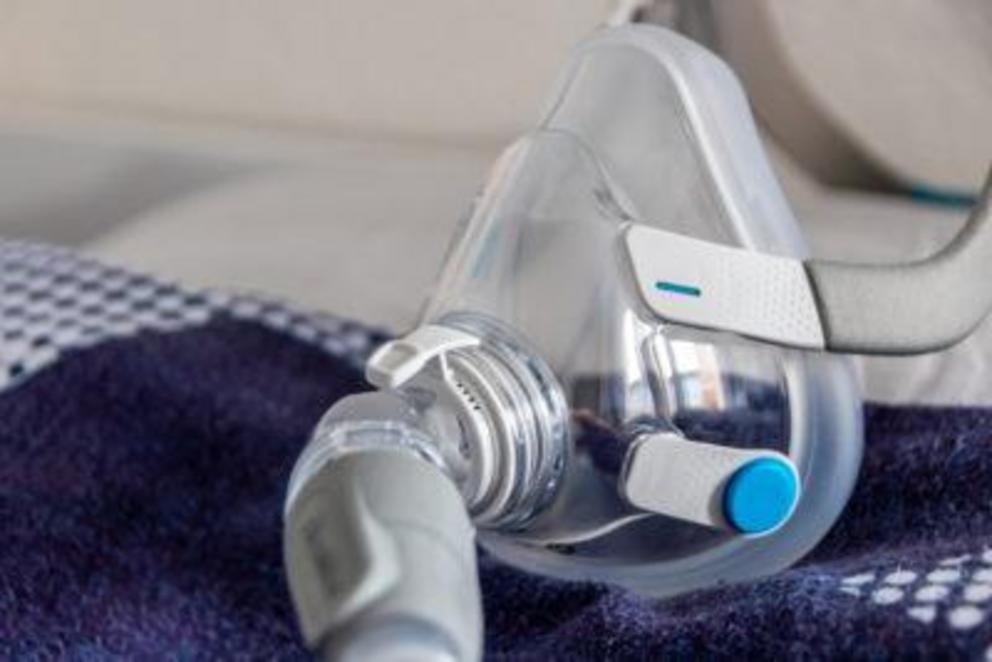Mass recall on 3.5 million ventilators - class action lawsuits
Philips CPAP Machine Recall Lawsuits
Following a recall that impacts millions of Philips DreamStation machines and other brands of CPAP, BiPAP and ventilator devices, individuals diagnosed with cancer or suffering other health side effects may be entitled to financial compensation and settlements.
PHILIPS DREAMSTATION RECALL: On June 14, 2021, Philips Respironics issued a recall for a number of different breathing machines that contained a defective sound abatement foam made of a polyester-based polyurethane (PE-PUR), which may degrade and release black particles and chemicals directly into the airway of users. The Philips CPAP machine recall impacts devices sold between 2009 and April 2021.
STATUS OF PHILIPS DREAMSTATION LAWSUITS: Free consultations and case evaluations are provided by CPAP recall lawyers, and financial compensation may be available for individuals who experienced:
- Cancer Diagnosis
- Kidney Disease
- Liver Disease
- Heart Attack, Stroke or Heart Failure
- Respiratory Failure
- Medical Treatment for Symptoms Like Headaches, Breathing Problems, Irritation, Nausea and Vomitting
>>CONTACT A PHILIPS CPAP RECALL LAWYER<<
MANUFACTURER: Philips Respironics, a subsidiary of the Dutch conglomerate Koninklijke Philips, N.V. “Royal Philips”
OVERVIEW: More than 3.5 million defective CPAP (Continuous Positive Airway Pressure), BiPAP (Bi-Level Positive Airway Pressure) and mechanical ventilator machines were sold with defective PE-PUR sound abatement foam, which was intended to reduce noise and vibrations from the devices.
The Philips CPAP machines are used for the treatment of sleep apnea and some other breathing disorders, most commonly sold under the brand name “DreamStation”. The sleep apnea machines push air through the nostrils and into the back of the throat by increasing air pressure, which keeps the airways open and prevents both snoring and lapses in breathing during sleep. They can also be used to help infants breathe when they are born with lungs which are not fully developed.
BiPAP machines use two-level positive airway pressure, meaning they help both with inhaling and, unlike CPAP machines, assist in exhaling as well. They are often set to monitor the breathing of the subject and activate when the user stops breathing or when their breathing decreases below a set number of breaths per minute.
Philips ventilators may be used in an ICU, hospital, nursing home or in-home care setting among individuals who require mechanical assistance to breath, providing life-sustaining treatment.
Problems with the Philips PE-PUR sound abatement foam may include:
- Foam degradation issues may cause black particles or debris to be inhaled or swallowed;
- Foam breakdown may release certain toxic chemicals into the machine air pathway
An estimated 80% of the recalled devise were CPAP and BiPAP machines sold primarily under the DreamStation label, according to the recall information. The remaining 20% were mechanical ventilators often used in hospital settings.
HEALTH PROBLEMS FROM PHILIPS CPAP MACHINES: Although the first warnings about the potential sound abatement foam risks with Philips machines were not issued until April 2021, it appears that the manufacturer knew or should have known about the problems for years.
Philips has received reports from users who found black debris or particles in CPAP masks tubing and headgear, as well as complaints of problems like:
- Headache (often referred to as “CPAP Headaches”)
- Upper Airway Irritaton
- Persistent Cough
- Irritation in the eyes, nose or repiratory tract
- Hypersensitivity
- Asthma
- Nausea and Vomitting
Both Philips and the FDA have suggested that foam degradation issues with the recalled CPAP machines could be exacerbated by the use of certain ozone or UV light cleaning methods, which are sometimes sold by third-party companies. This may speed up the degradation of the PE-PUR foam. Issues may also be more likely in areas with high temperatures or high humidity.
FREE PHILIPS CPAP LAWSUIT EVALUATION: Product liability lawyers provide free consultations and claim evaluations to help determine if financial compensation and Philips DreamStation settlement benefits may be available as a result of health problems, injuries or deaths that result from the inhalation or consumption of foam particles from recalled CPAP devices, BiPAP devices and mechanical ventilators.
To request a free consultation and claim evaluation to determine whether you, a friend or a family member may be entitled to financial compensation through a lawsuit, submit information about a potential Philips DreamStation CPAP lawsuit for review by a lawyer.

